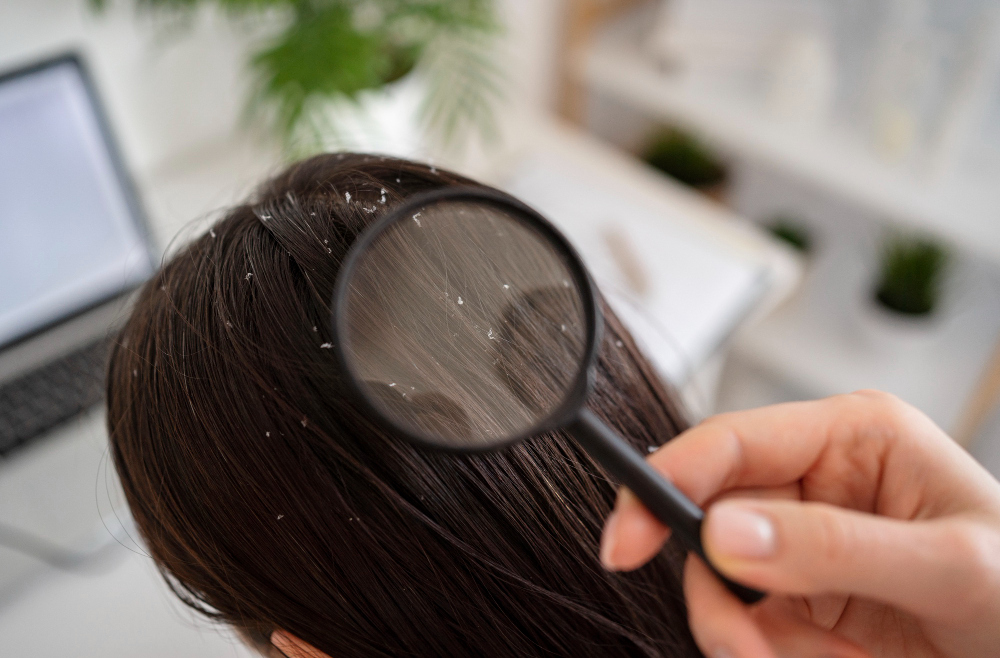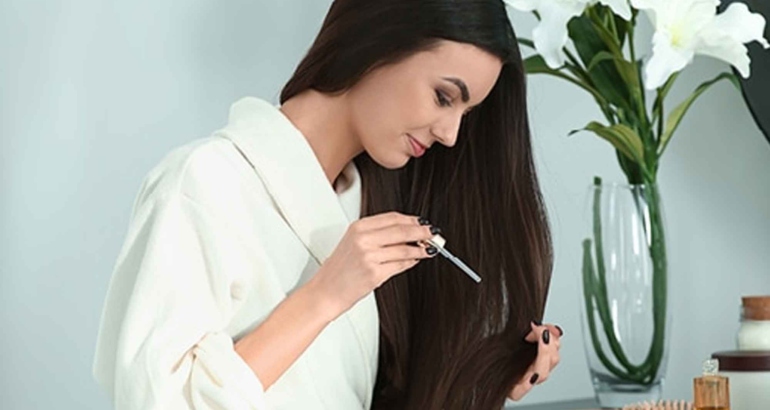Dandruff, a prevalent scalp condition impacting many, can be a source of discomfort and embarrassment. It’s vital to comprehend the root causes for successful prevention and treatment. In this blog post, we will delve into the various factors contributing to dandruff, providing insights that can empower you to achieve a healthier scalp.
Malassezia Fungus Overgrowth
One of the primary culprits behind dandruff is the overgrowth of a yeast-like fungus called Malassezia. This fungus is naturally present on the scalp but can multiply excessively, leading to irritation and flaking. Factors such as hormonal changes, stress, and an imbalanced diet can contribute to the overgrowth of Malassezia.
Seborrheic Dermatitis
Dandruff is often linked to a skin condition known as seborrheic dermatitis. This inflammatory condition affects areas rich in oil glands, including the scalp. When the scalp becomes red and inflamed, it triggers excessive shedding of skin cells, resulting in dandruff. Genetics, stress, and environmental factors can exacerbate seborrheic dermatitis.
Dry Scalp
Dry scalp is a common cause of dandruff, especially during colder months. When the skin on the scalp becomes excessively dry, it can lead to flaking and itching. Factors such as harsh weather conditions, using hot water for hair wash, and certain hair care products can strip the scalp of its natural oils, contributing to dryness and dandruff.
Improper Hair Care Habits
Inadequate hair hygiene practices can also be a major factor in the development of dandruff. Infrequent washing or using the wrong type of shampoo can allow oil and dead skin cells to accumulate on the scalp, creating an environment conducive to dandruff. It’s essential to adopt a regular hair care routine that includes gentle cleansing and moisturizing.
Sensitivity to Hair Care Products
Some individuals may develop an allergic reaction or sensitivity to certain hair care products. Ingredients like sulfates and harsh chemicals can irritate the scalp, leading to dandruff. Opting for hypoallergenic and fragrance-free products can be beneficial for those with sensitive scalps.
Poor Diet and Nutritional Deficiencies
A balanced diet plays a crucial role in maintaining overall health, including that of the scalp. Nutritional deficiencies, particularly in zinc, B vitamins, and omega-3 fatty acids, can contribute to dandruff. Including a variety of nutrient-rich foods in your diet can promote a healthier scalp.
Conclusion
Understanding the diverse causes of dandruff is the first step towards effective management. By addressing these factors and adopting a holistic approach to scalp care, you can bid farewell to dandruff and embrace a healthier, flake-free scalp. If dandruff persists despite home care, seeking professional advice from a dermatologist at our skin clinic can provide personalized solutions tailored to your unique needs. Keep in mind, that a nourished scalp forms the foundation of lush and vibrant hair!



